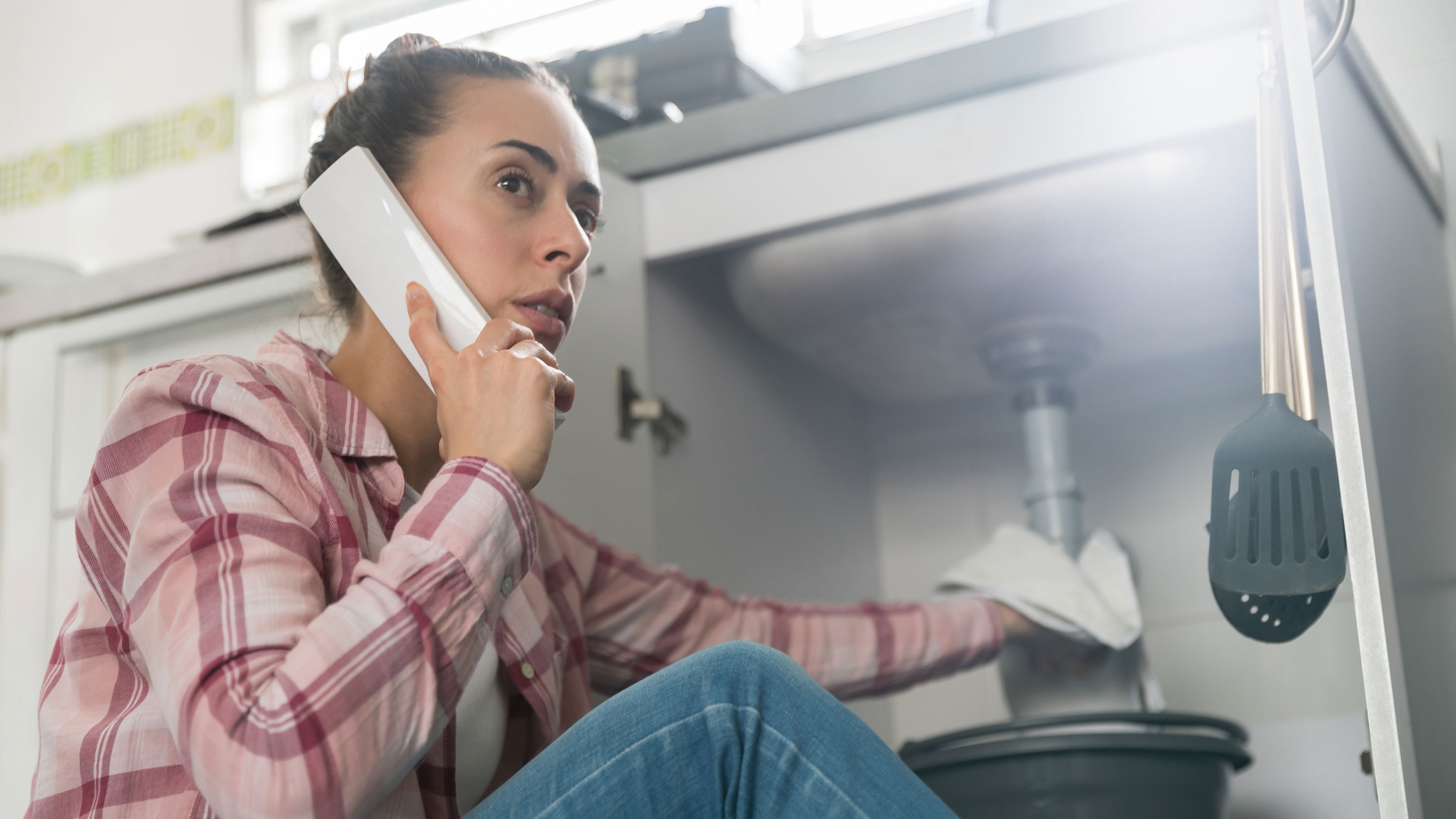

Leaking pipes are a frequent cause of water escapes in a home. And, of course, any leak needs to be dealt with urgently to prevent damage to fixtures and fittings and even the home’s structure, and the growth of mold, which can begin rapidly following a leak.
There's a chance you'll be able to stop the water yourself and make this a relatively easy home fix. But, it's important to know when to call in professional help also, to stop the problem worsening. We’ve called on the experts to explain why pipes can spring a leak, and the actions you should take when this happens in your home to prevent water damage.
Leaking pipes: causes and prevention
Why is water leaking from a pipe? A leak may be caused by a number of things including frozen pipes, but whether the pipe is a water supply pipe or a drainpipe can help narrow down the possibilities.
‘If it’s a leaking water supply pipe, it could be caused by frozen pipes, physical damage from bumping or hanging clothes, water pressure, etc,’ explains Jake Romano at John The Plumber.
‘In winters, we deal with frozen pipes a lot. This can cause small leaks or the pipes to burst. If you have pipes that are exposed to the cold and you live in an environment that has freezing winters, I’d recommend installing heating cables and insulation.'
‘Additionally, if you have an outdoor hose bib, make sure that you close it for the winter. Disconnect the hose, shut the valve from the inside, and open the hose bib on the outside to drain it. Otherwise, the cold can travel from outside to inside and freeze the lines in your basement.'
‘Leaking drain pipes, on the other hand, are usually caused by broken seals. For example, if you had a clog and you used a plunger, there’s a chance that the pressure caused a leak. This is not uncommon.’
There can be other causes – and you might even have created the leak yourself. ‘Most leaking pipes I’ve encountered are leaking because they were not installed properly to begin with,’ says Brian Pennington, Atlas Butler plumbing division manager.
‘A careful installation will prevent many leaks in the future. I find three common reasons for leaks. First, the piping was not installed with the precision that is necessary to keep the pipes from having unnecessary pressure exerted against them and the fittings from the structure. This can include holes that were not drilled in alignment resulting in the pipe being pulled or bound to make the necessary connections.'
‘Second, careless joints being made between pipe and fittings. Whether it’s a solder joint or a glue joint, most jobs are completed in a hurry and solder joints can hold a pressure test in the beginning but start leaking even years later.
‘Three, there are occasions when a homeowner may inadvertently drive a nail or screw through a pipe while hanging a picture or replacing cabinets or wood trim.’
How do you stop a pipe from leaking?
As soon as you find a leaking pipe, take action. ‘You have to immediately place an empty bucket or a pile of rugs underneath and turn off the water supply in the entire house or floor to stop the water from running,’ says professional plumber Gerald Carpenter of Sanitary Review.
If you know which type of pipe it is that can guide you in stopping leaking pipes. ‘If it’s a water supply, shut the valve supplying water to that pipe, and drain the line from below,’ says Jake Romano. ‘For example, shut the valve then open the faucet in the basement sink. This will drain the line so nothing can leak.
‘If it’s a leaking drain, stop using it until it’s fixed. If it’s clogged and leaking, you can use a shop vac to vacuum out the contents of the pipe.’
Note that prevention is better than cure, and you might like to add the following routine to your fall home maintenance checklist, as well as scheduling it for other times of year. ‘Regularly inspecting your pipes – maybe once a quarter or twice a year – can let you catch trouble before it turns into a flooded basement,’ says David Steckel, home expert at Thumbtack, who has 15 years of experience as a general contractor in the home building industry.
‘Spend five minutes walking through your home and around the exterior where there are visible plumbing pipes. Look under your bathroom and kitchen sinks, moving all the cleaning supplies and toiletries to have a clear view of the supply lines, fixture and drain lines.
‘If you see collected moisture, a broken pipe or major damage, call a pro. If it’s accessible, look behind your washing machine to make sure the plumbing lines appear to be in healthy condition and no dampness or mold is present. Walk outside the house and inspect any faucets, making sure they turn cleanly on and off. If you see water dripping from a pipe, rust or corrosion forming on a pipe, or any kind of damage to your plumbing lines, it may be time to call for a checkup.’
There can be other signs that may alert you to the presence of leaking pipes. ‘Here are indicators that you may have a pipe leak,’ explains Doyle James, president of Mr Rooter Plumbing, a Neighborly company. ‘Some of these include higher than usual water bills, mold and mildew growth, musty smells around the home, unexplainable stains or damage on walls and floors and foundation cracks.’
Is a leaking pipe an emergency?
Swift action is needed to remedy a leaking pipe. ‘Leaking pipes can seem like a minor annoyance, but they’re often the sign of a more serious problem,’ says Leonard Ang, the CEO of iPropertyManagement.
‘If you find a leaking pipe, it’s best to investigate it right away. You may be looking at a quick fix, or you may uncover a major issue that could lead to serious damage to your home if you don’t address it.’
What sort of problems can the water from a leaking pipe cause? ‘Water damage can cause many issues, from structural damage to contributing to mold growth,’ says Brian Pennington. ‘Some leaks start off small and can get progressively worse depending on the situation. You want to stop the flow of water quickly and the best solution is to call a plumber ASAP.’
Mold growth isn’t just unsightly, of course, it can be a health hazard, and getting rid of mold the right way if you find it in your home is crucial.
Who to call when a pipe is leaking?
When you've got leaking pipes, you'll need a pro as it’s not a plumbing problem you should always DIY. ‘Call a licensed plumber and get the job done the right way the first time,’ Nelson Salas, master plumber and owner of Amigo Rooter & Plumbing in Phoenix, Arizona, agrees. ‘Don’t try to do it yourself unless you have a lot of plumbing experience. Doing it the wrong way can make the repair twice as hard and cost you twice as much when you eventually call a plumber to fix the issue.’
Jake Romano agrees that it’s worth the cost that comes with employing a professional. ‘People often forget how expensive a plumbing mistake can be,’ he says. ‘I’d always recommend using a licensed and insured plumber with a good reputation.’
Join our newsletter
Get small space home decor ideas, celeb inspiration, DIY tips and more, straight to your inbox!

Sarah is a freelance journalist and editor writing for websites, national newspapers, and magazines. She’s spent most of her journalistic career specialising in homes – long enough to see fridges become smart, decorating fashions embrace both minimalism and maximalism, and interiors that blur the indoor/outdoor link become a must-have. She loves testing the latest home appliances, revealing the trends in furnishings and fittings for every room, and investigating the benefits, costs and practicalities of home improvement. It's no big surprise that she likes to put what she writes about into practice, and is a serial house revamper. For Realhomes.com, Sarah reviews coffee machines and vacuum cleaners, taking them through their paces at home to give us an honest, real life review and comparison of every model.
-
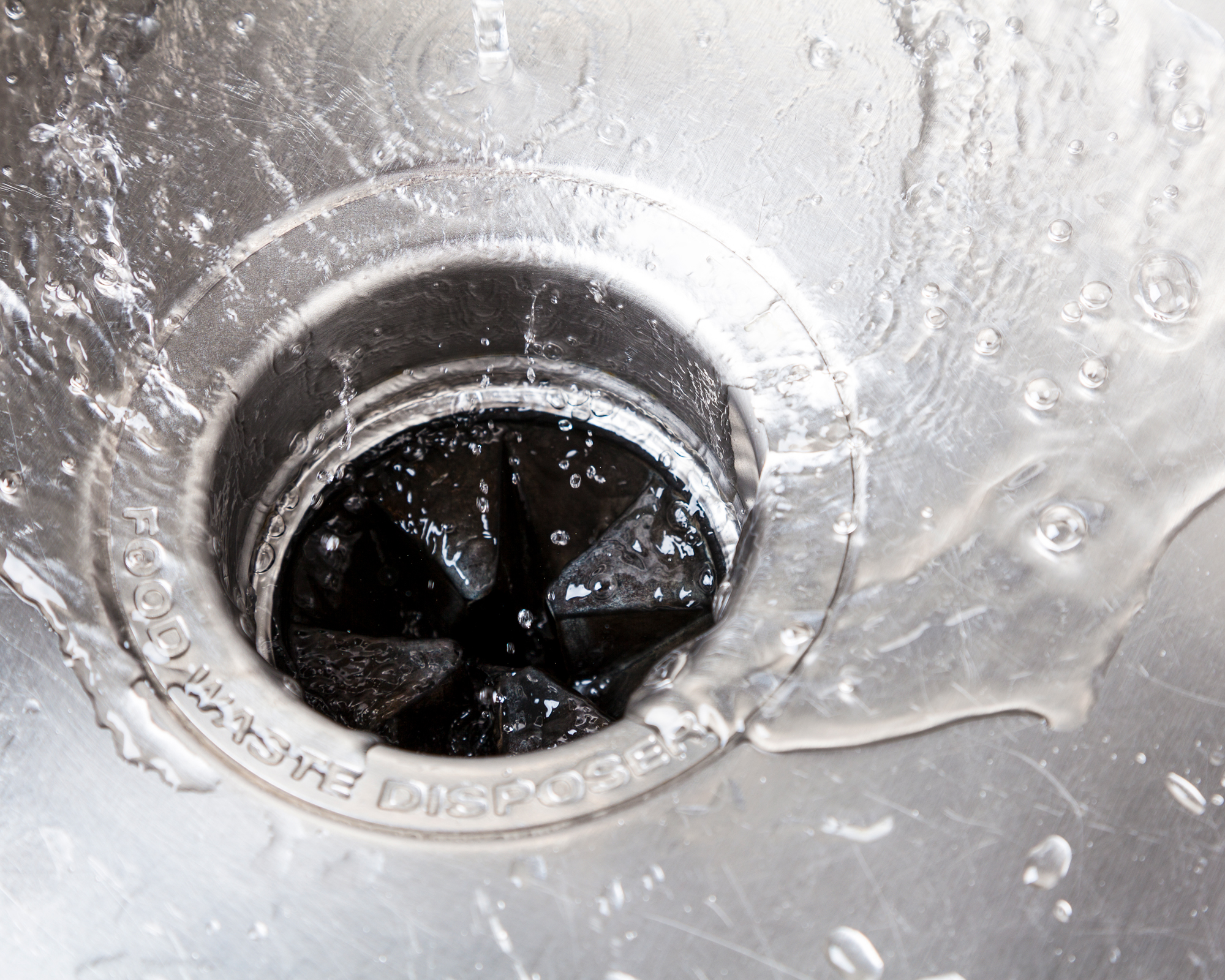 How to fix a garbage disposal – 5 common problems and the best solutions
How to fix a garbage disposal – 5 common problems and the best solutionsSee how to fix a garbage disposal that is humming or simply not working as it should. These are the 5 most common problems and fast solutions.
By Sarah Warwick
-
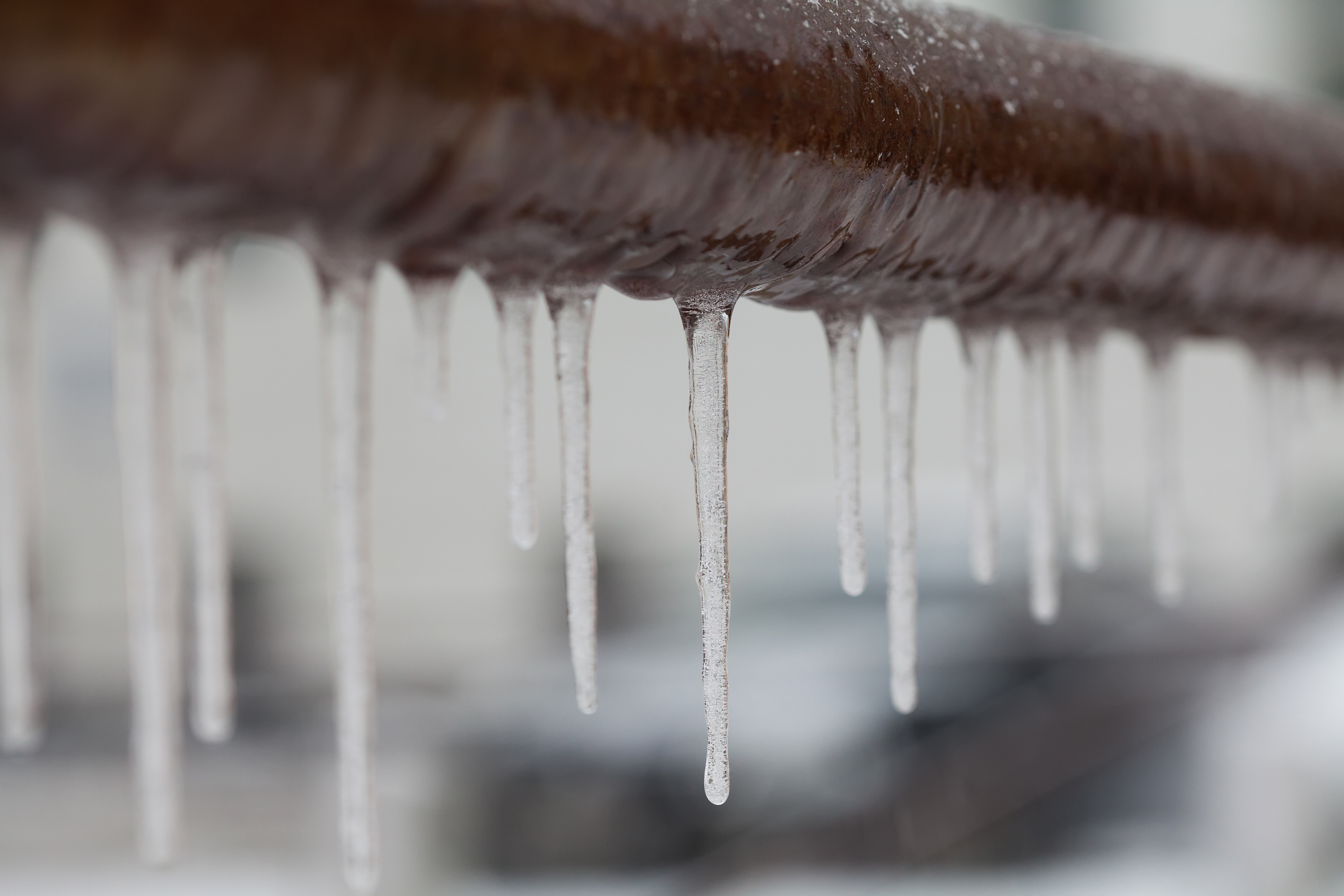 Frozen pipes? What to do and how to stop them from bursting
Frozen pipes? What to do and how to stop them from burstingPrevent frozen pipes and the ensuing chaos (and hefty bills) in your home with these easy tips
By Alison Jones
-
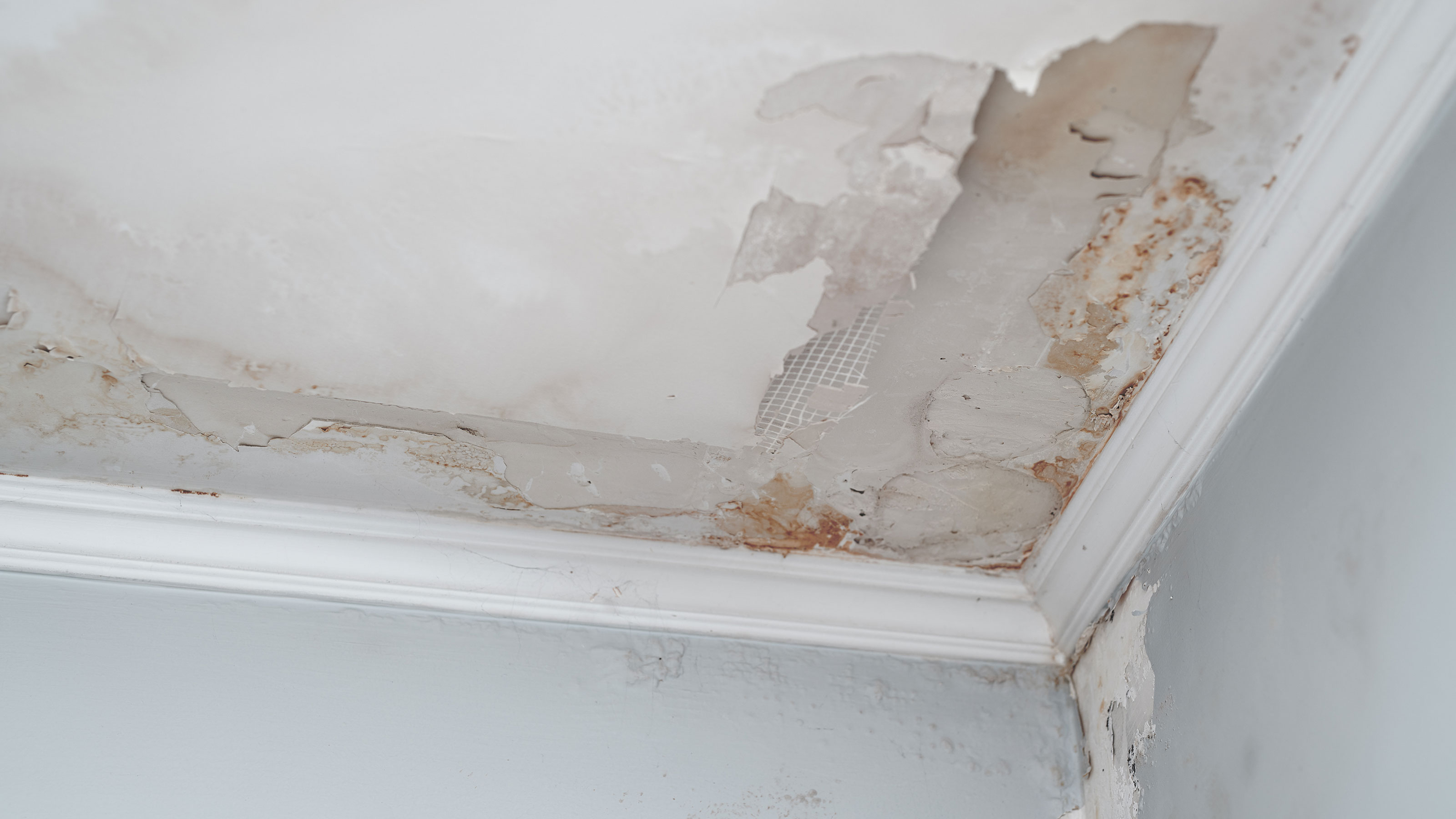 Water damage repair in a house – the cost to fix it and where to start
Water damage repair in a house – the cost to fix it and where to startNeed to make water damage repair? Here’s the lowdown from the experts
By Sarah Warwick
-
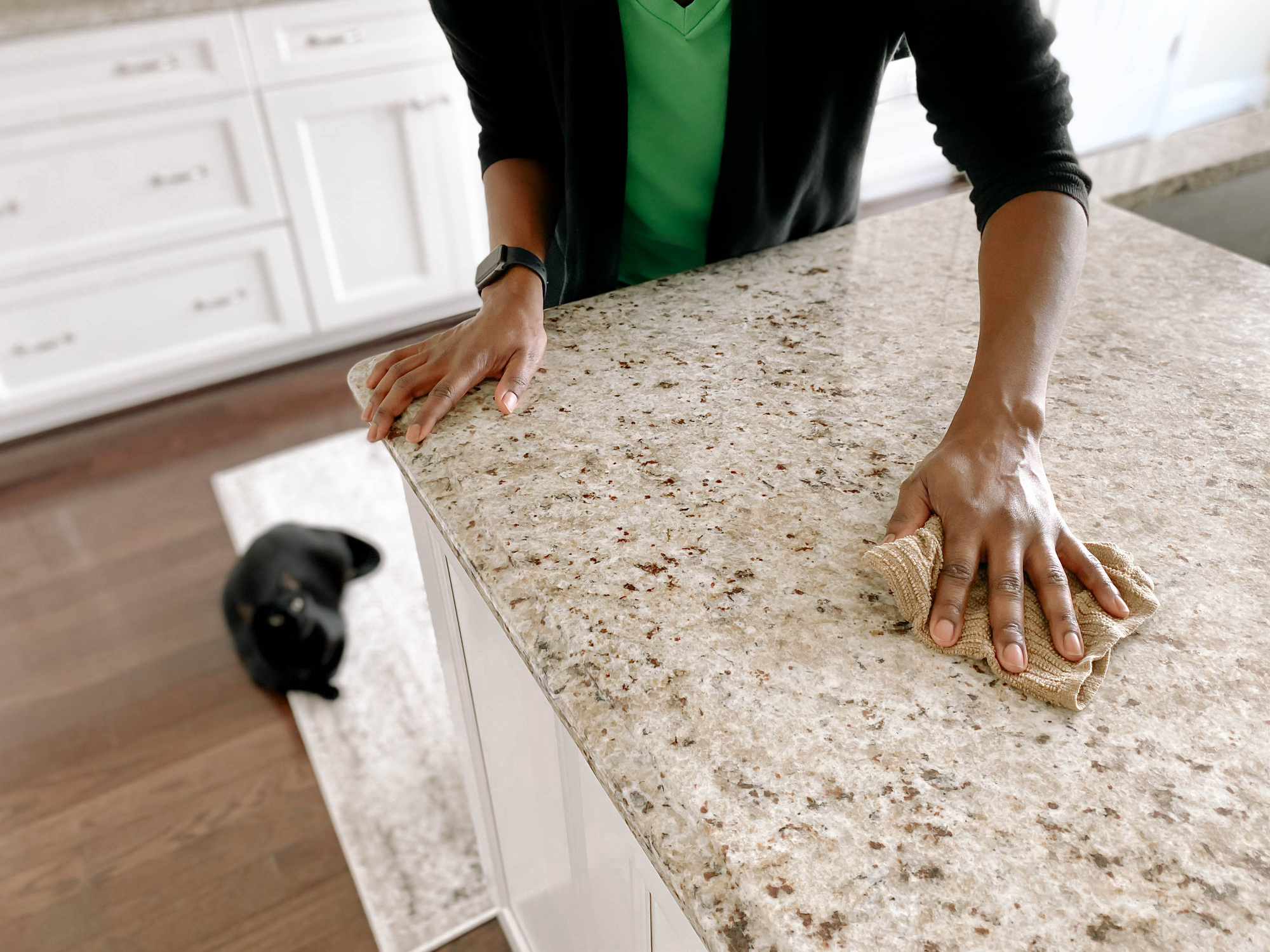 How to seal a granite countertop
How to seal a granite countertopPreserve your investment with proper daily care and the right products for cleaning, sealing, and polishing your granite or other natural stone.
By Carol J. Alexander
-
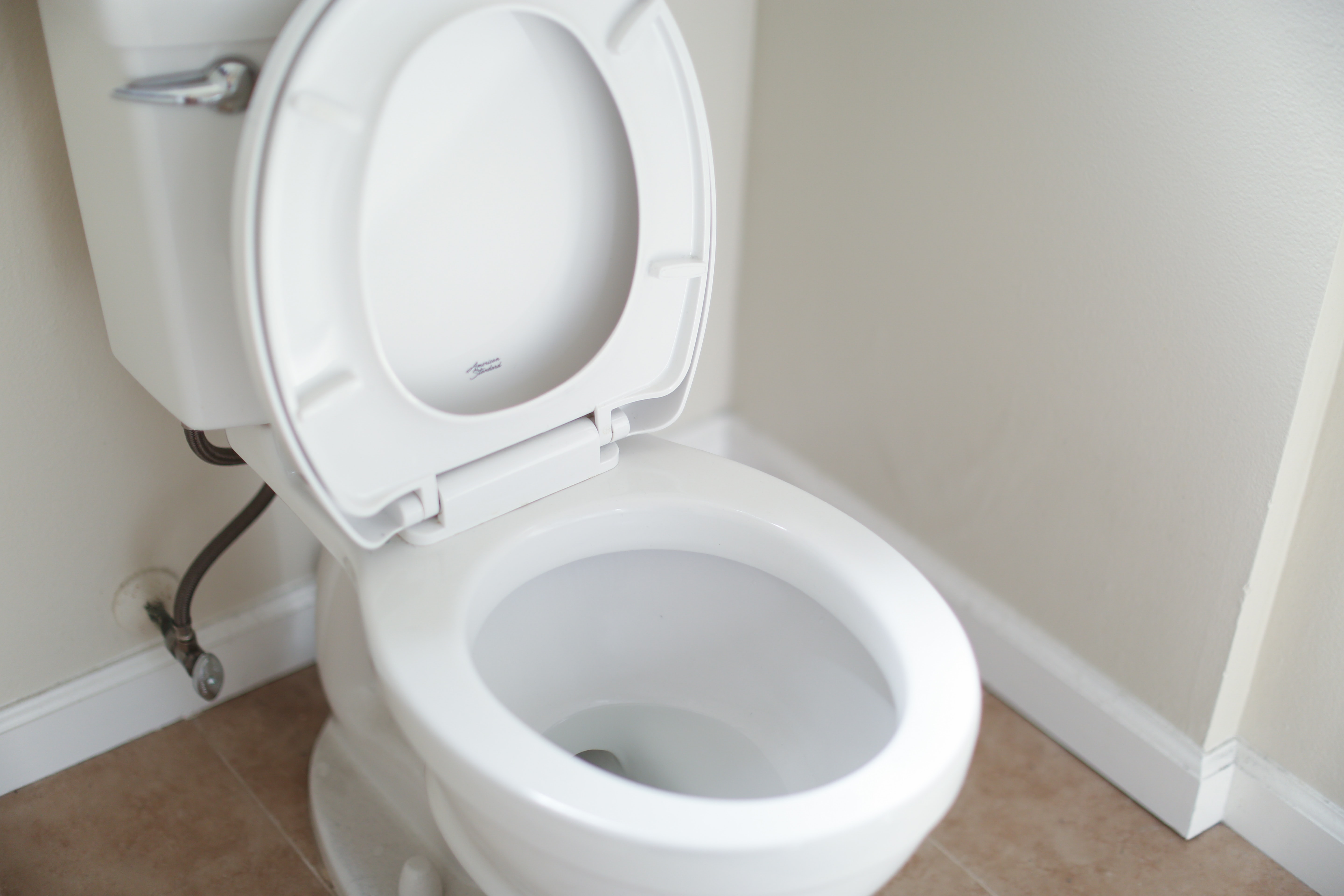 How to replace a toilet
How to replace a toiletNeed a new throne? You can upgrade your bathroom in an hour or so.
By Sal Vaglica
-
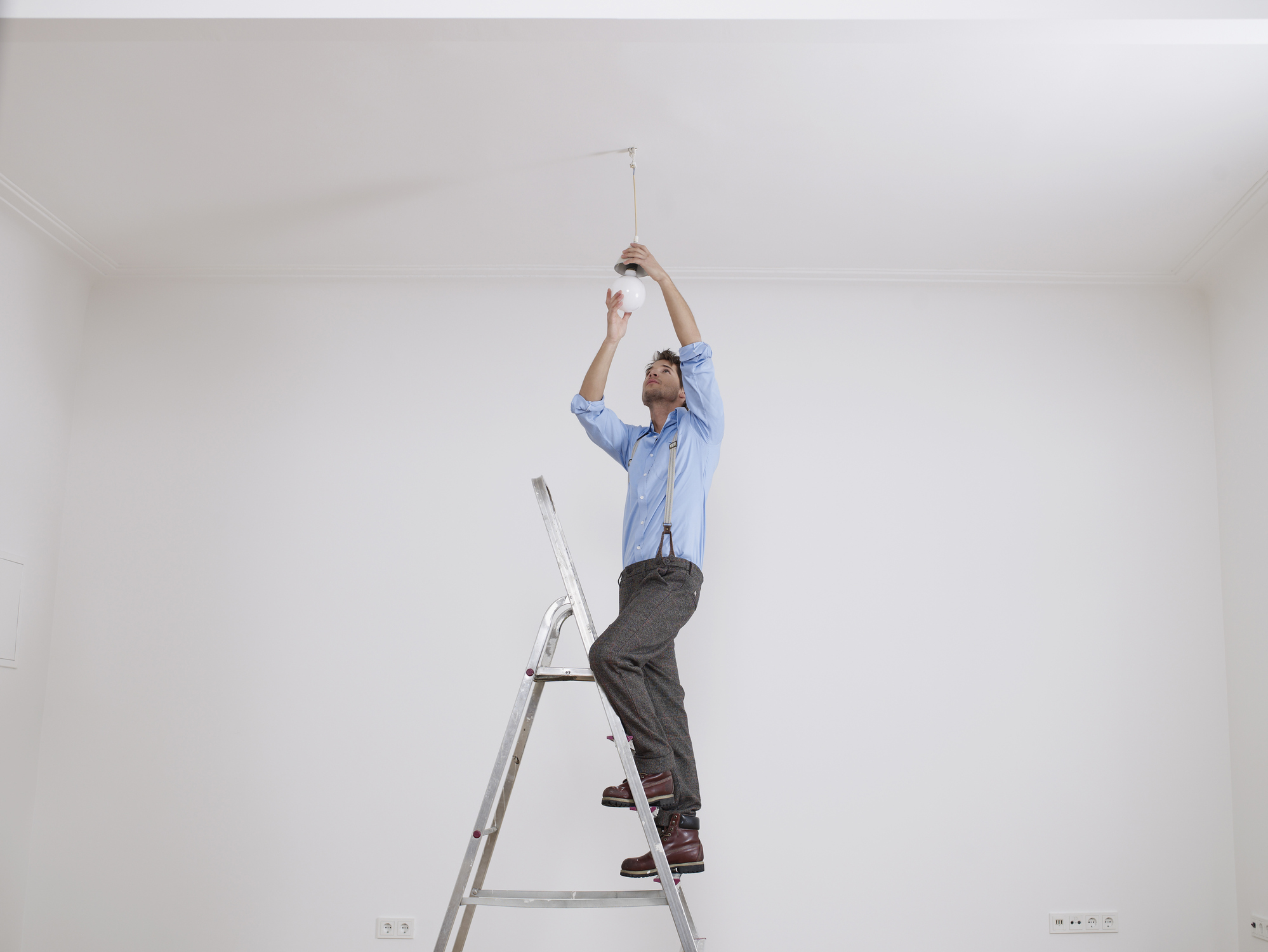 How to change a light fixture: An approachable DIY job that provides instant gratification
How to change a light fixture: An approachable DIY job that provides instant gratificationSave the fee of hiring an electrician with this basic installation that you can pull off with tools you probably already have
By Sal Vaglica
-
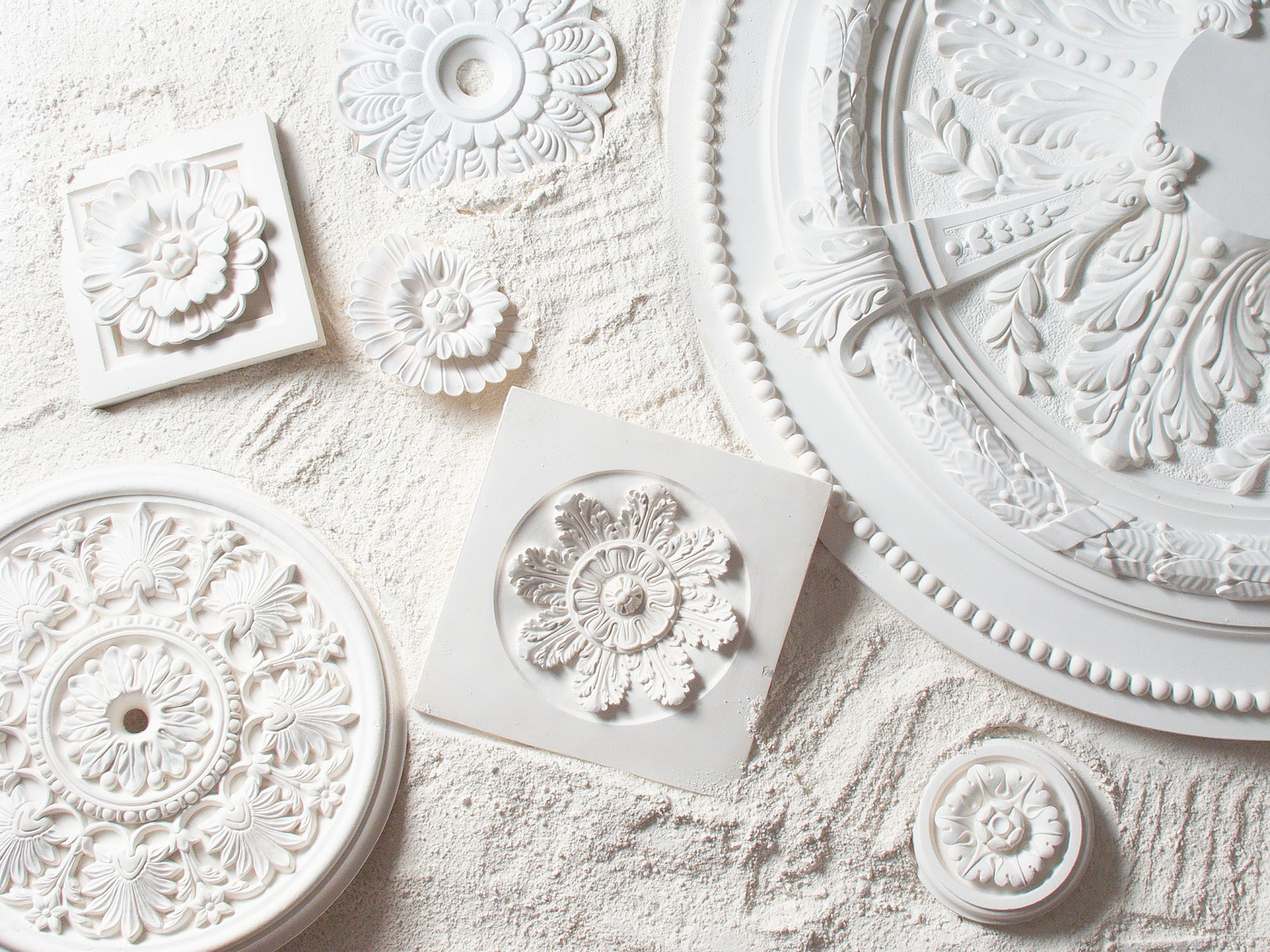 How to strip and repaint original plaster mouldings
How to strip and repaint original plaster mouldingsOften smothered with layers of paint build-up, decorative plaster mouldings should be a room’s crowning glory. Discover how to strip and repaint original plaster mouldings to restore them
By Helaine Clare
-
 10 essential home maintenance jobs for spring
10 essential home maintenance jobs for springAs the weather warms up, now is the time to give your home some home maintenance and fix any lingering issues that have worsened over winter
By Richard Sexton